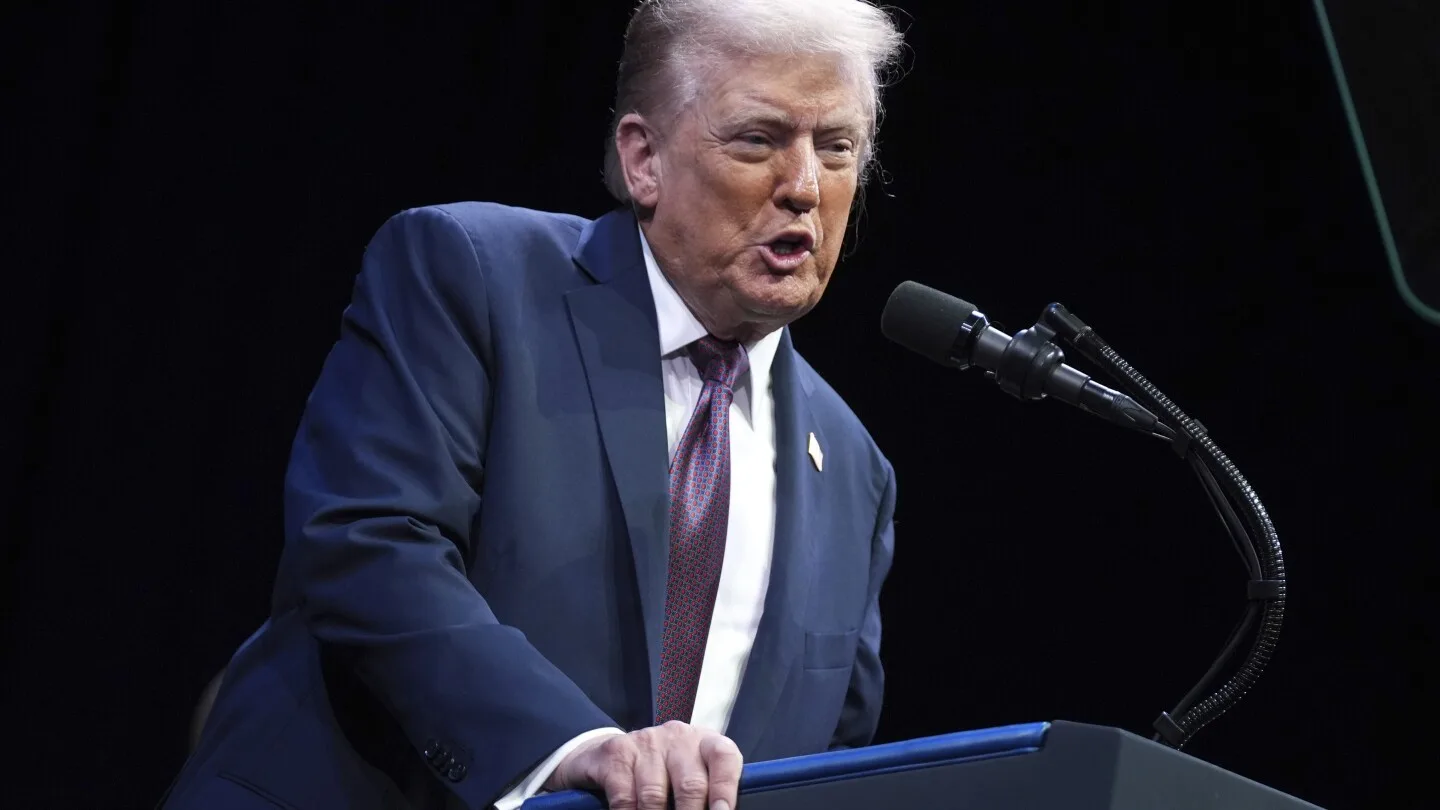In a significant legal development, the Trump administration has requested an emergency order from the U.S. Supreme Court to maintain a freeze on approximately $5 billion in foreign aid funds. The funds, approved by Congress, were slated for allocation last month, but President Trump indicated that he would withhold them—a move that has sparked legal challenges.
Edwardyne Ann Williams Montgomery Alabama Obituary: A Life of Strength, Grace, and Devotion
What Happened
The dispute centers on President Trump’s decision to withhold $4.9 billion in sanctioned foreign aid, effectively reducing the budget without Congressional approval. This action was announced on August 28, in a letter to House Speaker Mike Johnson.
This maneuver, referred to as a “pocket rescission”, allows a president to notify Congress at the end of the budget year that certain funds should not be spent. However, critics argue that such last-minute declarations prevent Congress from responding, creating an unexpected disruption of appropriated funds.
U.S. District Judge Amir Ali recently ruled that the administration’s withdrawal of these funds was illegal, stating that only Congress has the authority to rescind appropriated funds. The ruling emphasized that the executive branch cannot unilaterally override the spending powers granted by Congress.
Reactions
The Trump administration has defended its actions, describing the freeze on foreign aid as a key component of its policy, despite its relatively small impact on the federal deficit. Solicitor General D. John Sareer called Judge Ali’s ruling an “illegal prohibition” and urged the Supreme Court to intervene, citing a conflict between the branches of government.
Conversely, nonprofit organizations and advocacy groups argue that the funding freeze violates federal law and threatens critical international programs. Attorney Lauren Betman of the Public Citizen Legal Group criticized the administration, highlighting the negative impact on food supply, development projects, and humanitarian programs abroad.
What Will Happen Next
The legal battle raises important questions about the balance of power between the Executive Branch and Congress in controlling appropriated funds. Lawyers for the Department of Justice have indicated that an additional $6.5 billion in already frozen aid would need to be spent by the end of the fiscal year, September 30, if the freeze is not upheld.
An appeals court recently reduced the previous order requiring immediate spending but did not dismiss the underlying case. As the dispute continues, the decision could have long-term implications for U.S. fiscal policy, executive authority, and the operational capacity of international aid programs.
This is a developing story. Updates will be provided as more information becomes available.

